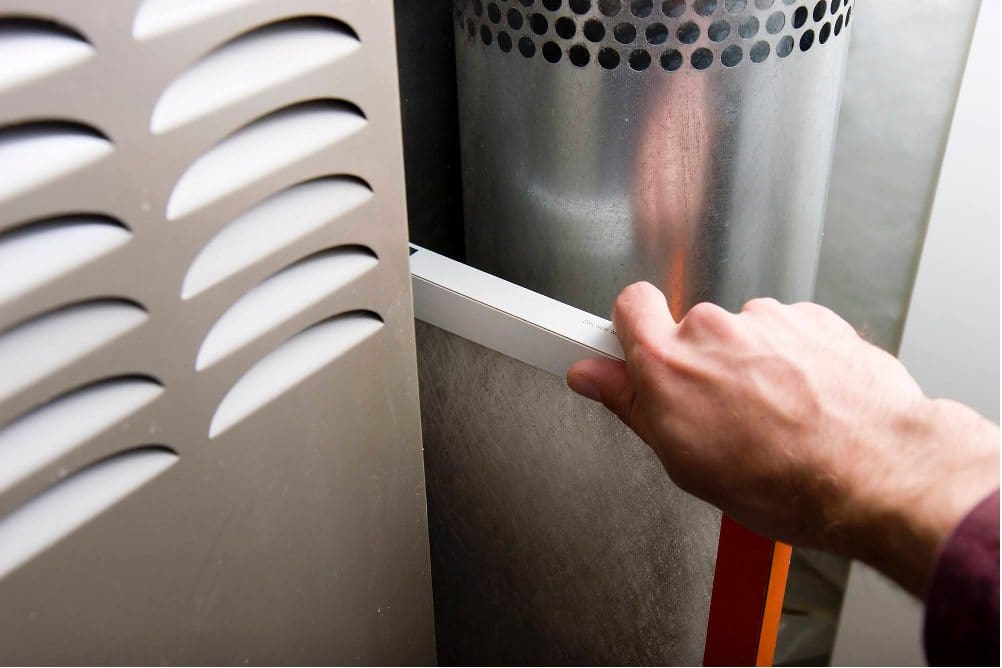
When it comes to heating your home, choosing the right type of furnace is crucial. Two popular options homeowners can choose from are electric and gas furnaces. Both have their own unique advantages and drawbacks. To make an informed decision, let’s delve into a comprehensive comparison of these two furnace types, examining their pros and cons.
Electric Furnaces
Electric furnaces, a popular choice among homeowners, offer a unique set of benefits and considerations that are essential to understand.
- Ease of Installation: Electric furnaces often have a more straightforward installation process compared to gas furnaces. They don’t require a ventilation system, making them suitable for homes without existing ductwork.
- Safety: With no risk of carbon monoxide leaks, which can occur in gas furnaces, electric furnaces are generally considered safer.
- Maintenance: Without burners or gas lines to worry about, electric furnaces often require less frequent maintenance and servicing.
While electric furnaces have their distinct advantages, it’s also crucial to weigh their potential drawbacks before making a final decision.
- Operating Costs: Electricity can be more expensive than natural gas in many areas. As a result, electric furnaces can lead to higher monthly energy bills.
- Efficiency: While electric furnaces convert nearly all electricity into heat, they might not heat a home as quickly as gas furnaces, especially in colder climates.
Considering all aspects of electric furnaces, they offer a clean and straightforward heating solution, especially for homeowners who prioritize ease of installation and minimal maintenance.
Gas Furnaces
On the other hand, gas furnaces harness natural gas to provide a powerful and efficient heating solution for many households.
- Heating Capability: Gas furnaces tend to heat homes faster and are generally more effective in extremely cold climates compared to electric models.
- Cost Efficiency: Natural gas is often cheaper than electricity. Over time, even though the initial investment might be higher, gas furnaces can be more cost-effective in terms of energy bills.
- Environmental Impact: Natural gas is one of the cleanest burning fossil fuels, emitting fewer pollutants compared to coal-generated electricity.
While gas furnaces offer a range of advantages, it’s essential to balance these benefits against some potential drawbacks to make an informed choice.
- Installation Costs: Installing a gas furnace, especially in a home that doesn’t have existing gas lines or ductwork, can be costly.
- Lifespan: Gas furnaces generally have a shorter lifespan compared to their electric counterparts.
- Safety Concerns: While modern gas furnaces are designed with safety in mind, there’s a risk of gas leaks or carbon monoxide poisoning if the system isn’t properly maintained or vented.
Gas furnaces present a reliable and cost-effective heating solution but understanding their complete profile ensures homeowners can utilize them with confidence and awareness.
Choose a Furnace
When deciding between an electric and gas furnace, consider the following factors:
